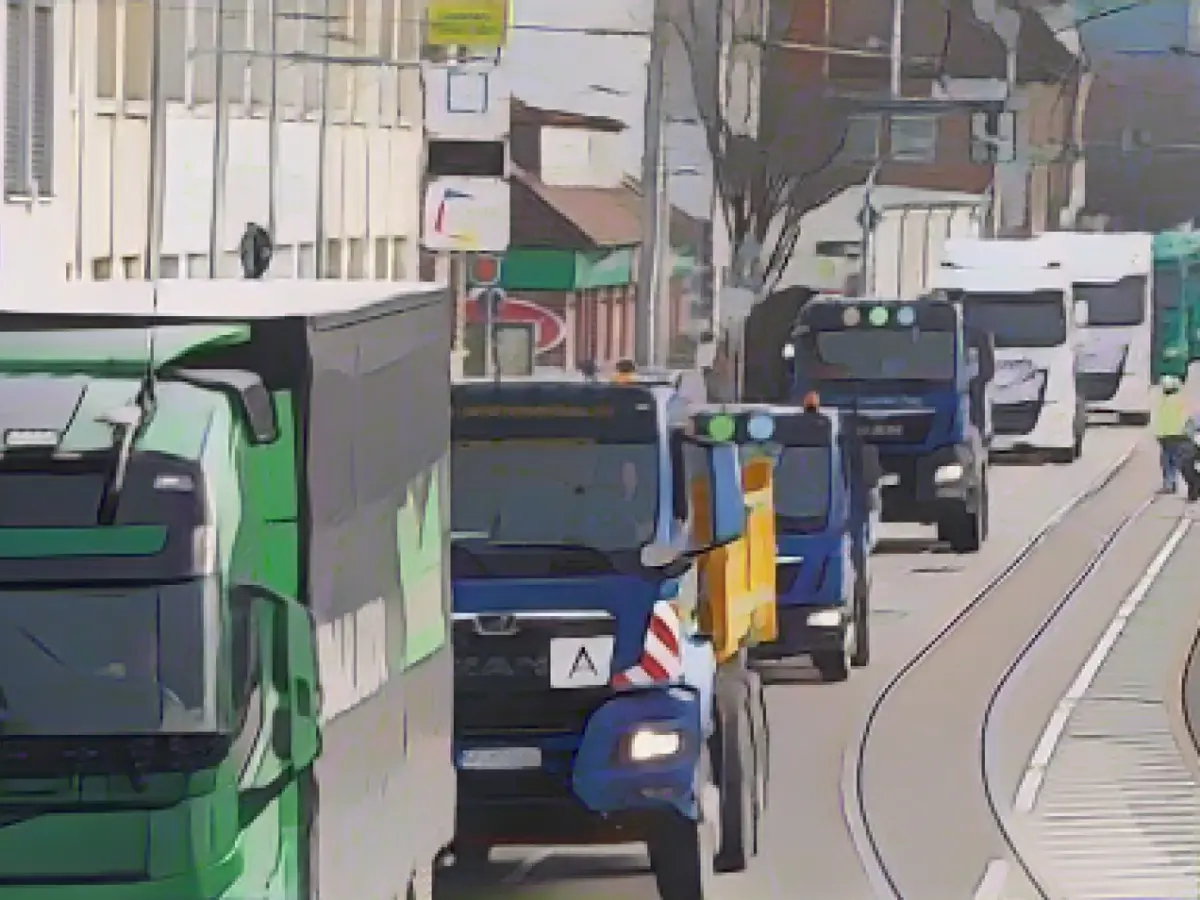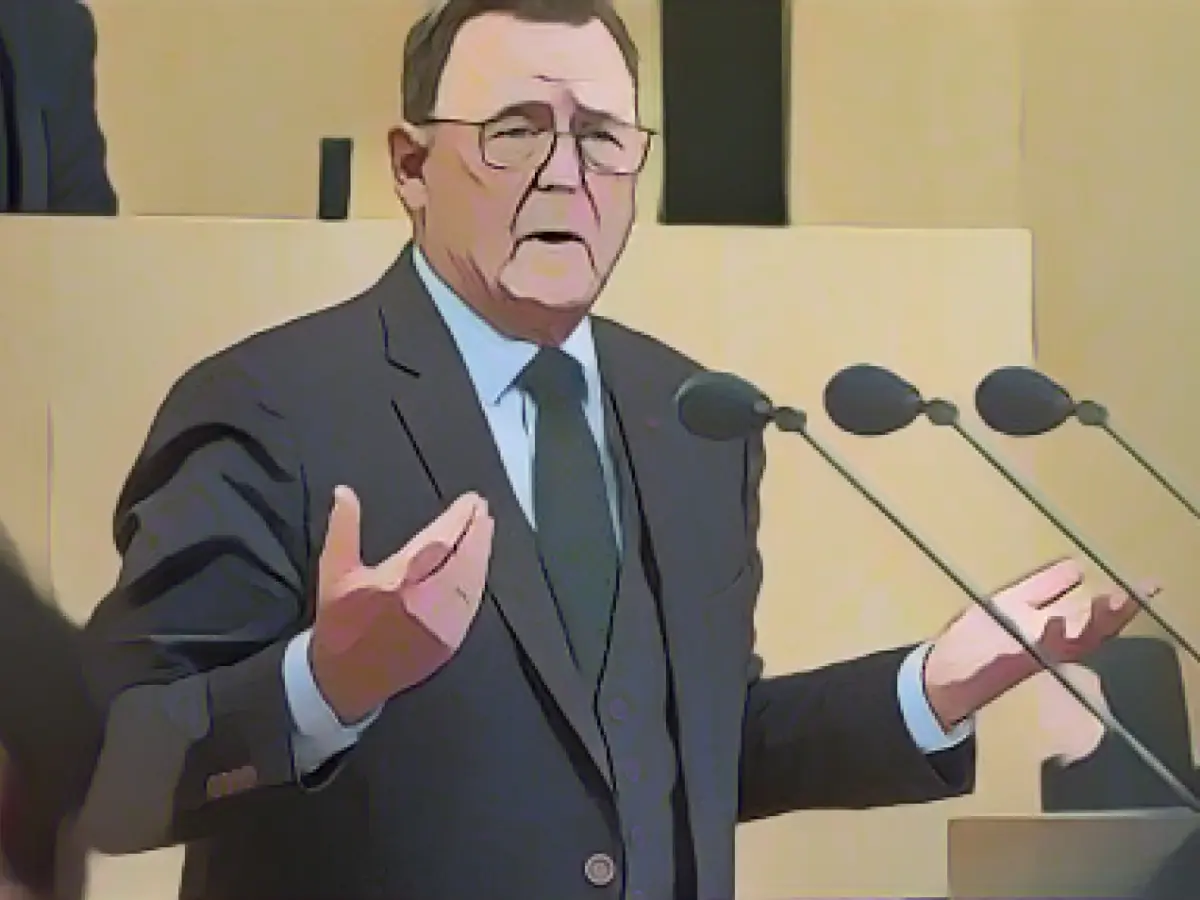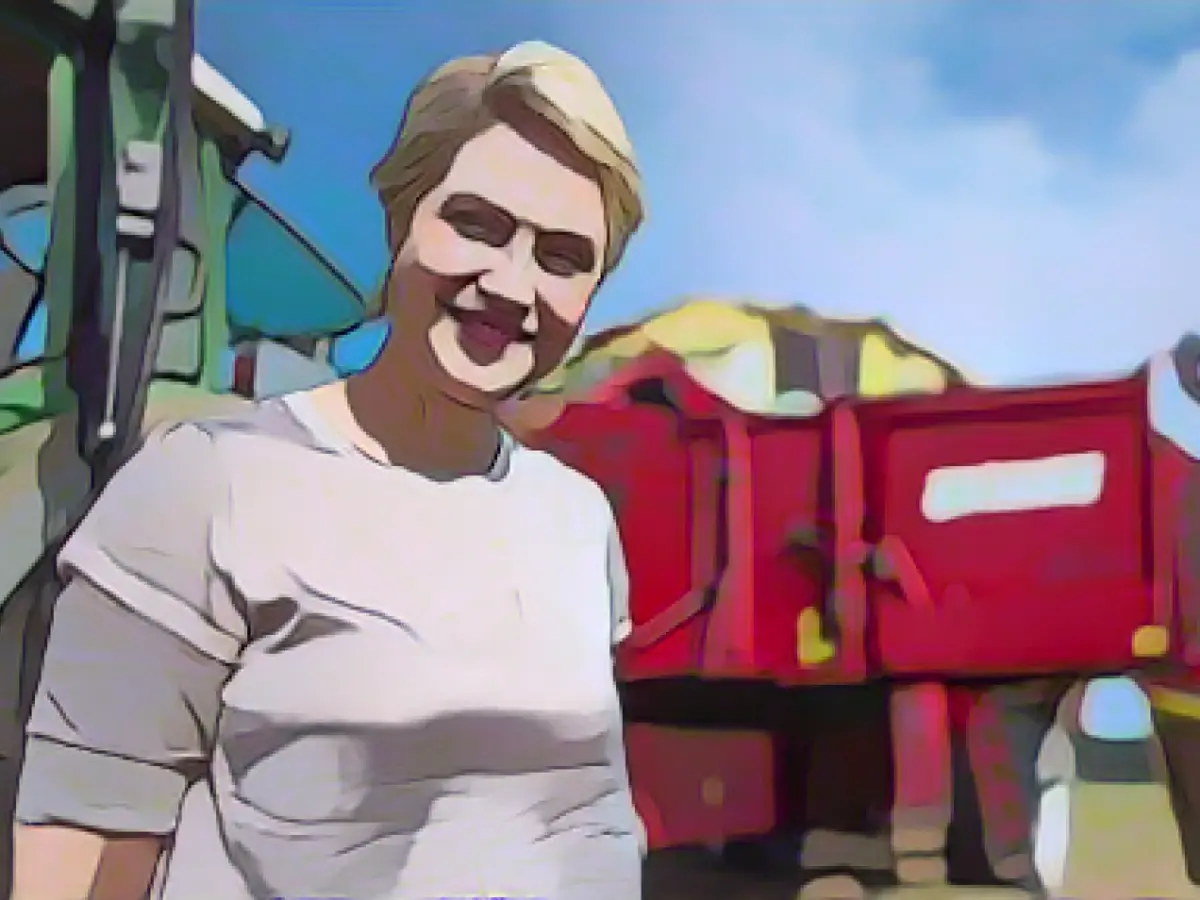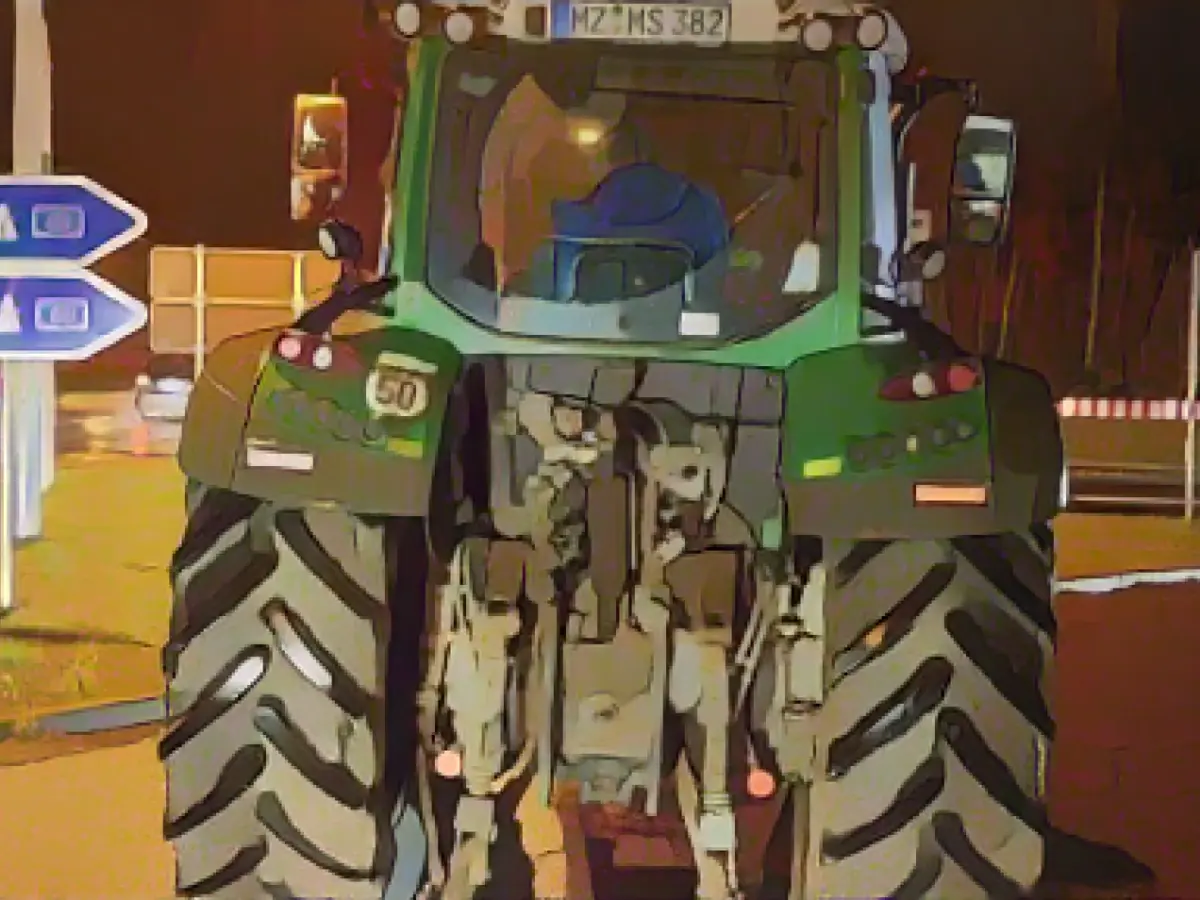Demonstrating Farmers' Struggle in Stuttgart and Beyond
Last Saturday, Stuttgart's city center witnessed a demonstration involving 160 vehicles, leading to minor traffic congestions. However, the situation was smoothly managed, ensuring minimal disruption, as confirmed by a police spokesperson. The mix included tractors, trucks, and even cars, participating in the demonstration. The event culminated peacefully in the afternoon, with its commencement and conclusion at the Cannstatter Wasen.
This demonstration was part of a series of similar events held across various federal states such as Bavaria and Berlin. The cause behind these protests was the traffic light coalition's plans to abolish tax concessions for agricultural diesel and levy vehicle tax on farming machinery like tractors, combine harvesters, and harvesting machines. In light of these concerns, Germany's Farmers' Association has announced a weekday protest in Berlin.
Worth a Glimpse:
- The agricultural sector in Baden-Württemberg was well-represented in the demonstration, with numerous tractors and lorries voicing concerns.
- The Federal Government's proposition to levy vehicle tax on farm machinery triggered significant resentment amongst farmers in Stuttgart, which led to this demonstration.
- Despite the demonstration causing traffic disruptions, the police effectively managed the situation, ensuring minimal impact on regular traffic flow.
- The German Farmers' Association is planning another demonstration in Berlin's city center on Monday, expecting a strong vehicle presence.
- Berlin's protesters will also demonstrate against the traffic light coalition's plans to eliminate agricultural diesel tax concessions.
- Several cars also joined the procession, expressing solidarity with farmers and sharing their concerns about the proposed government policies.
According to additional insights, the farmers' protests in Germany were primarily driven by concerns over various tax-related policies:
- Tax Reductions on Agricultural Diesel:
- The proposed cuts on tax reductions for agricultural diesel, advocated by the German government, were believed to impact farmers harshly, making them less competitive in the European Union.
- Exemption from Vehicle Tax:
- The government aimed to eliminate an exemption from vehicle tax for agricultural and forestry vehicles. Farmers argued that this would be unfair as most of their operations were conducted on rural roads where the tax wasn't intended for maintenance.
- Competitive Disadvantage:
- Farmers feared that these cuts would render them less competitive within Europe, where similar tax reductions were prevalent, especially for smaller farms.
- Government Concessions:
- Although the government initially softened its stance, retaining the vehicle tax exemption and phasing out diesel tax cuts across three years, farmers remained dissatisfied.
- Widespread Frustration:
- The protests also reflected broader frustrations within the farming community over bureaucratic procedures, environmental regulations, and the overall viability of farming in Germany.
- Public Sympathy and Criticism:
- Despite some criticism, the protests garnered significant public sympathy, seen as a manifestation of broader discontent with the government and its agricultural policies.








